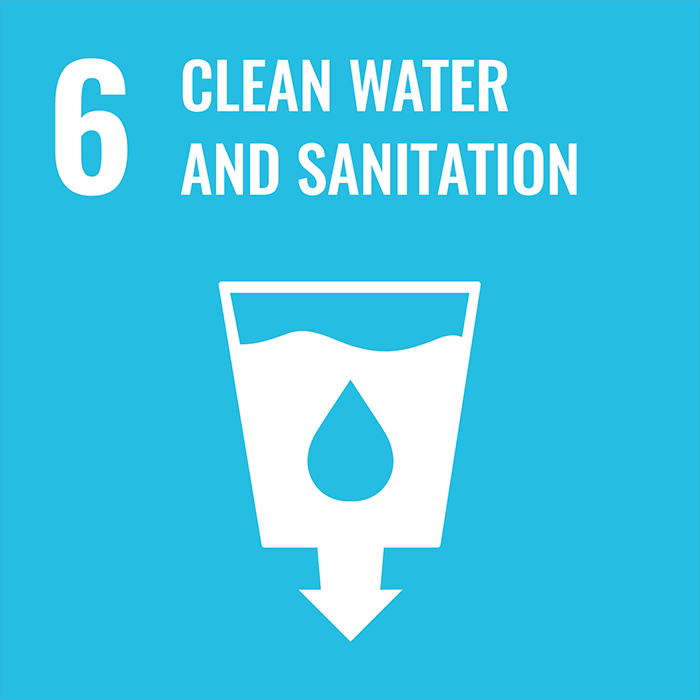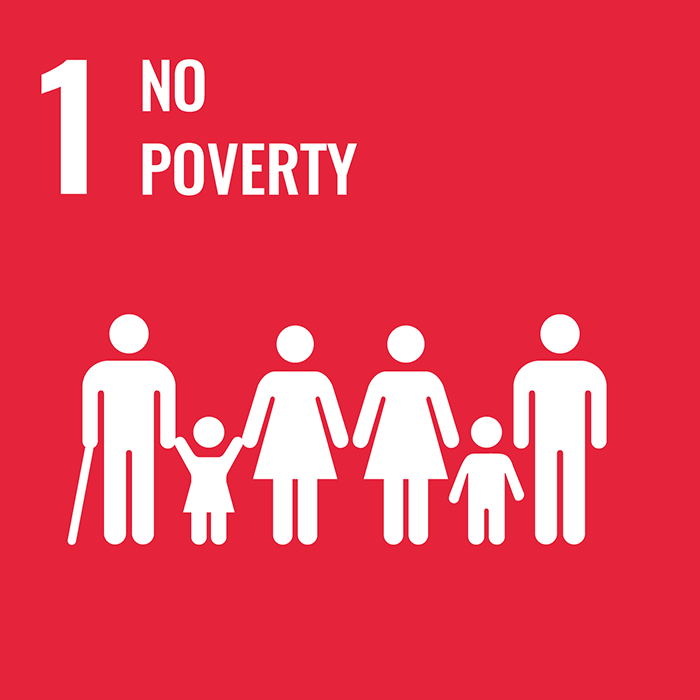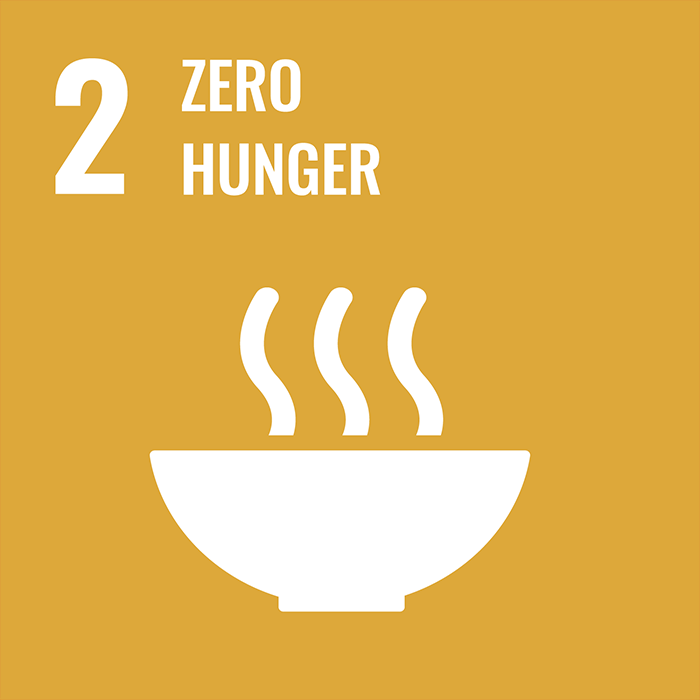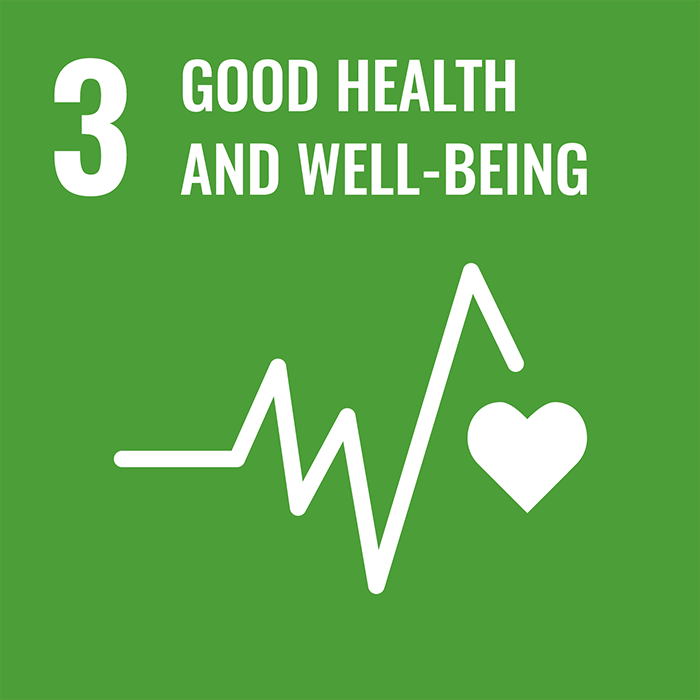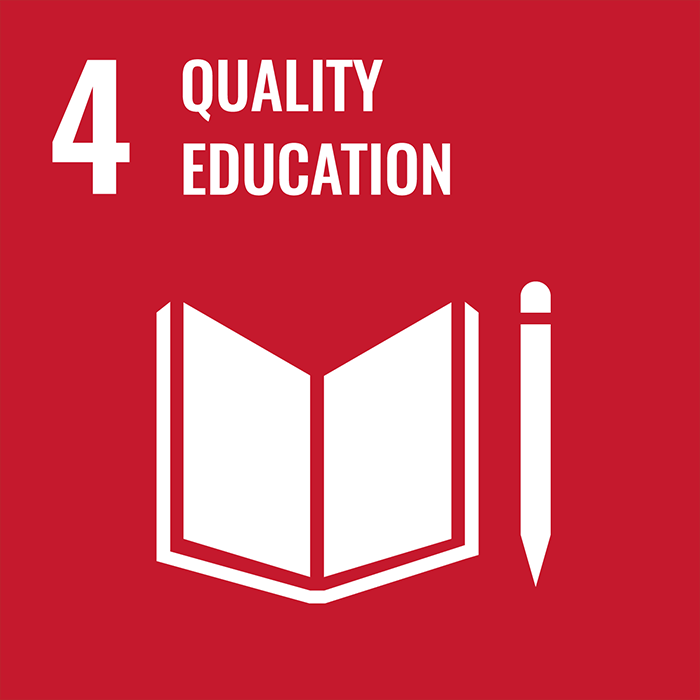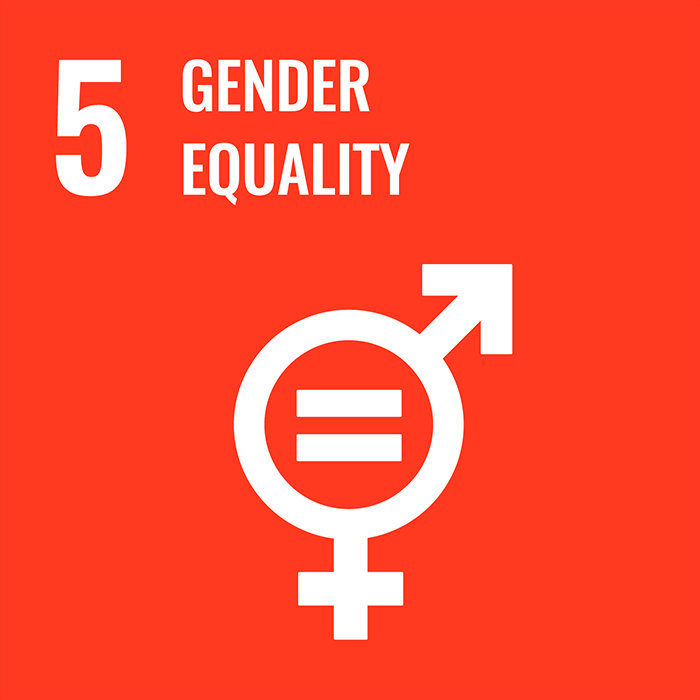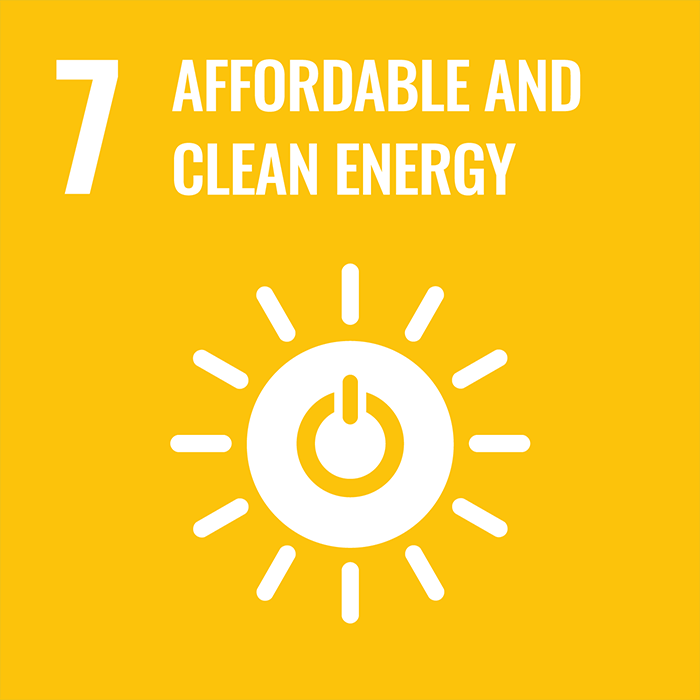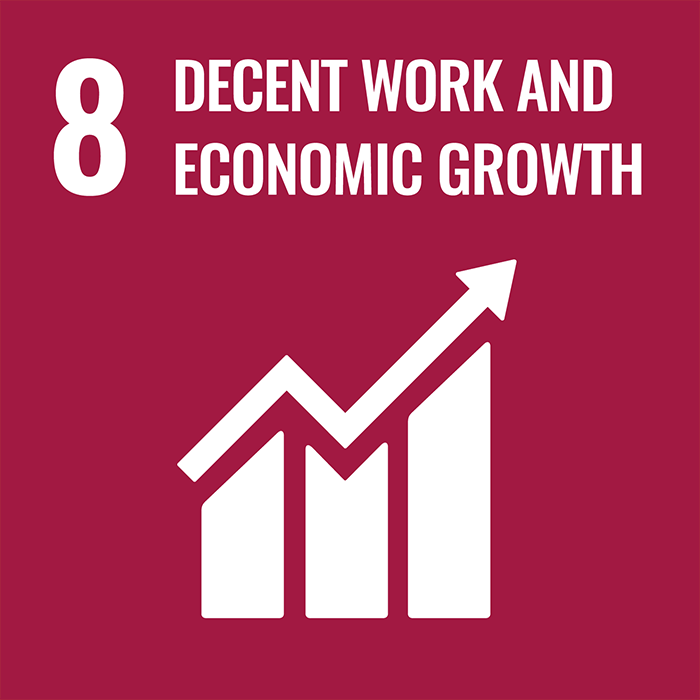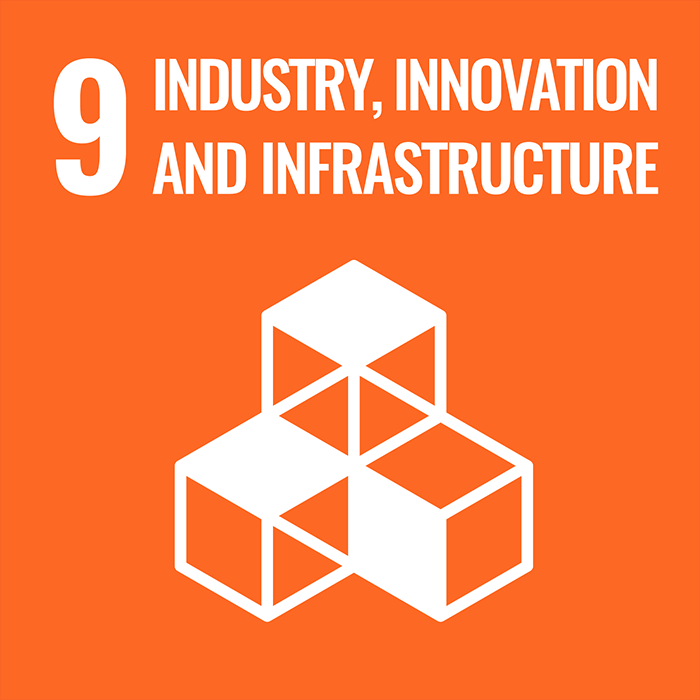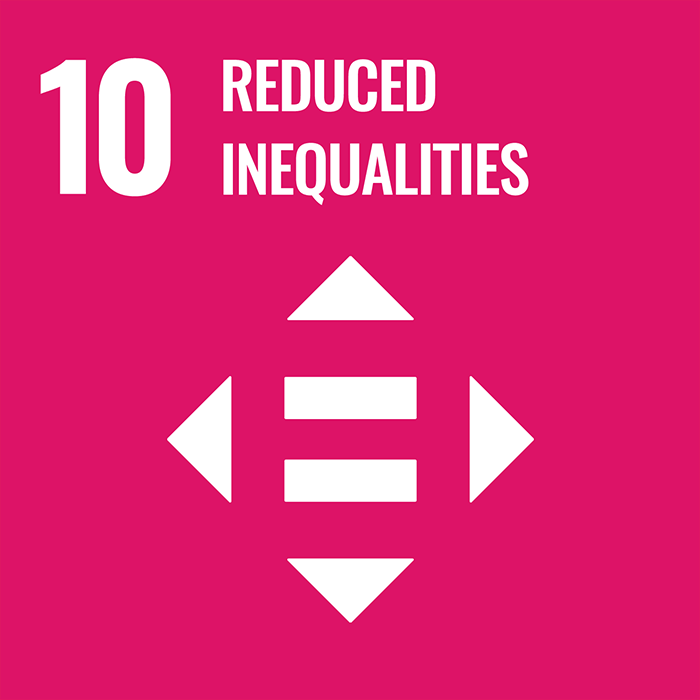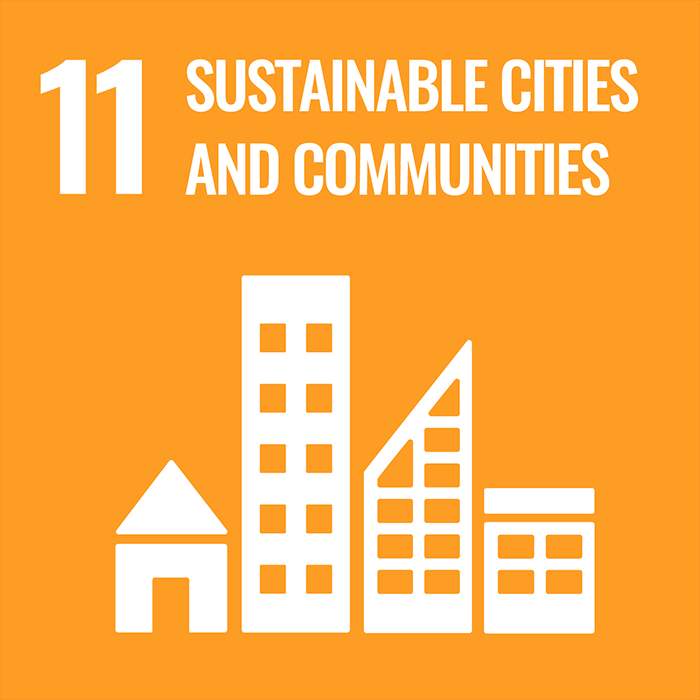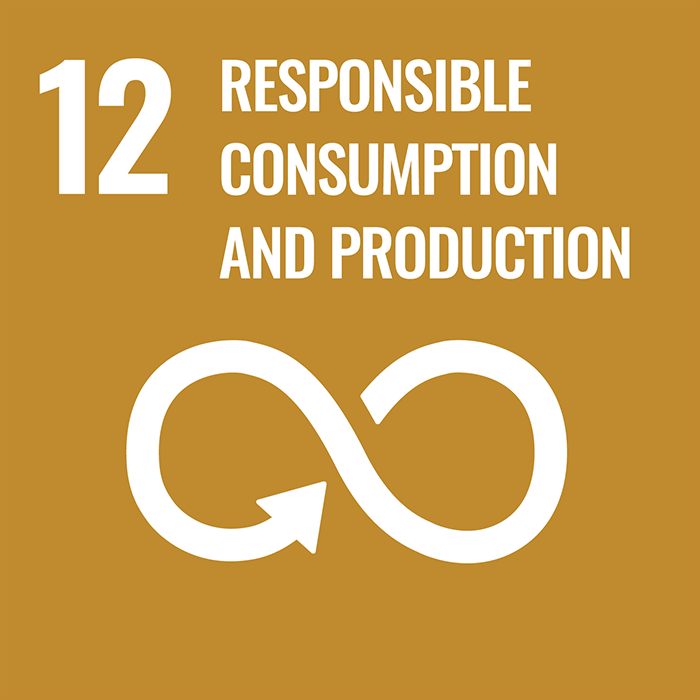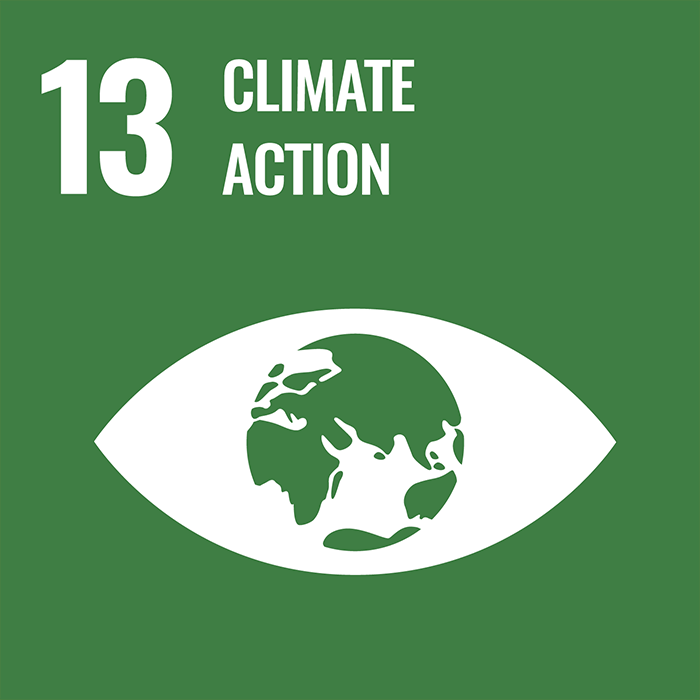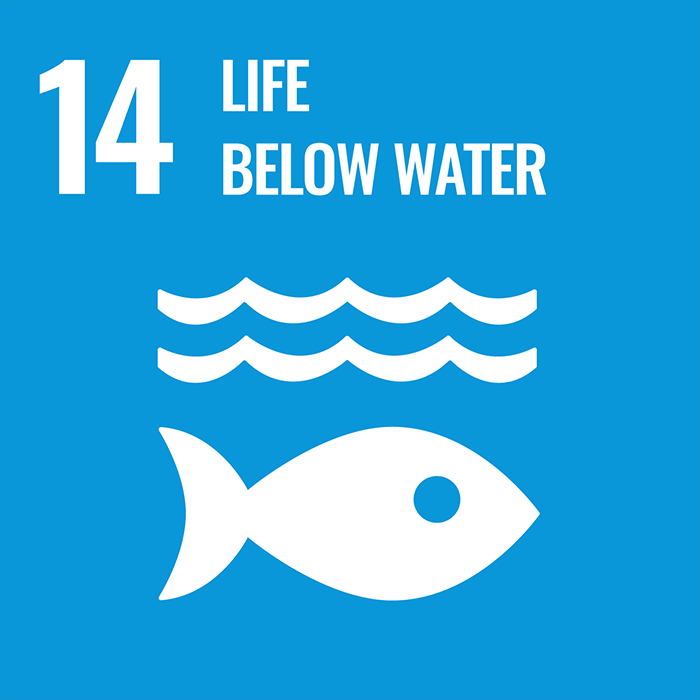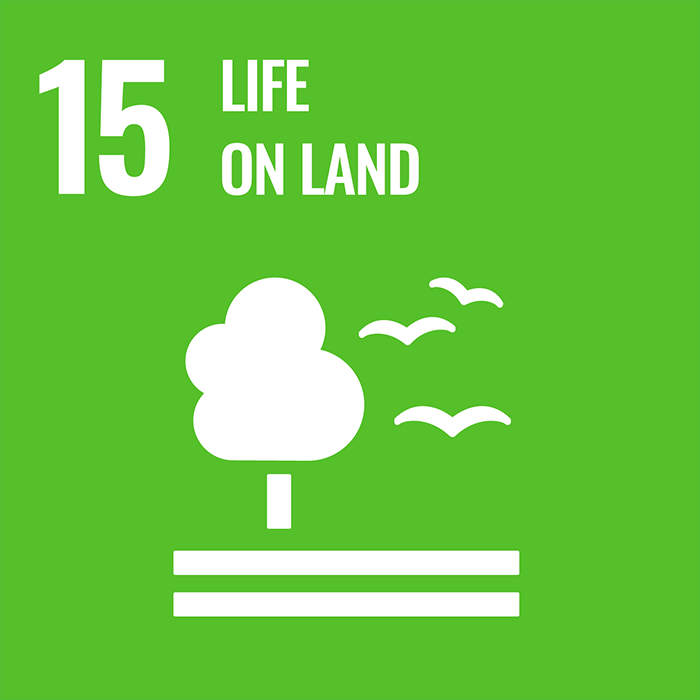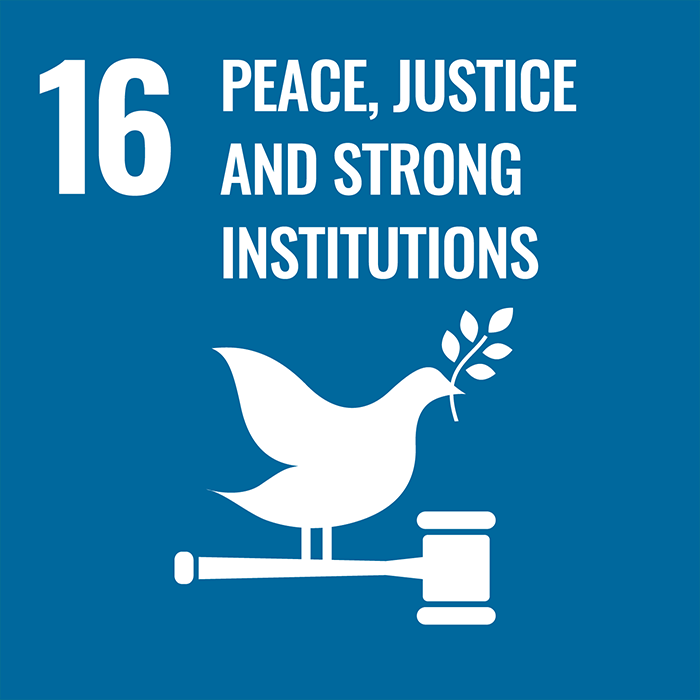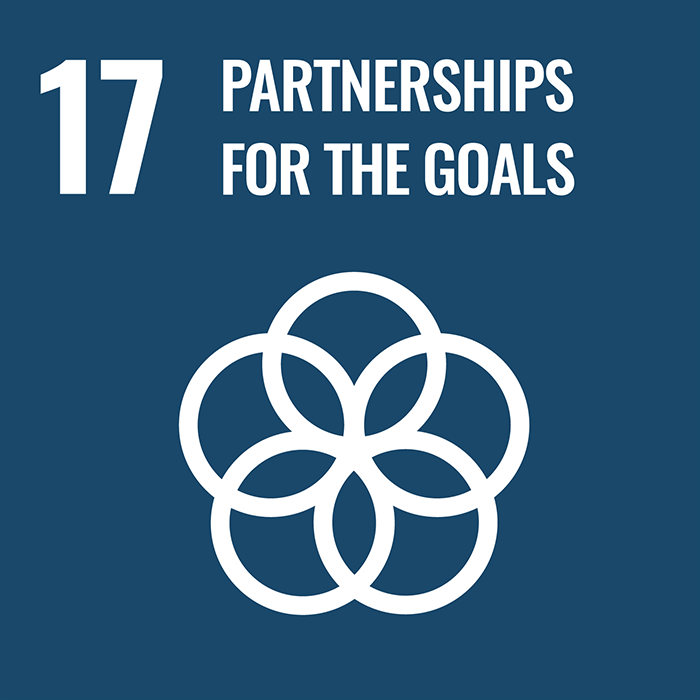Progress towards UN SDG 6: Clean water and sanitation
Ensure availability and sustainable management of water and sanitation for all
Our research

Water utilities are among the largest users of our nation’s electricity (~4%) and face significant challenges in meeting net-zero targets. Drinking water treatment is energy and chemically intense given the sizable microbial challenge associated with the process, further complicated by the plethora of emerging contaminants in our water supplies.
Due to Scotland’s rural demographic, 90% of Scottish Water’s treatment plants serve only 10% of the population. The energy and carbon costs associated with water treatment in rural systems are ten times higher than those of centralised systems. Furthermore, over 100,000 homes rely on private water supplies, many of which have no treatment. Climate change adds a further challenge to both water supply and quality.
There is, therefore, an urgent domestic and global need to develop low-cost, low-energy, chemical-free drinking water solutions that are tailored for their intended use. Our research, supported by Scottish Water, the RAEng, and an EPSRC programme grant on Decentralised Water Treatment, has focused on older, low-tech natural water treatment solutions, such as slow sand filtration.
While effective, slow sand filtration processes are not always reliable due to a lack of understanding of the underpinning microbial communities, resulting in them being replaced by energy and chemically intensive processes that provide more reliable, compliant water. Our research has taken a high-science approach to these low-tech solutions, deconstructing the microbial mechanisms driving water treatment to intensify, direct, and control them – ultimately providing reliable, low-energy, chemical-free water treatment.
This research is now being translated from the laboratory to real-world application by building a point-of-entry prototype for a sustainable water treatment system, treating rainwater to drinking water standards.
An international study led by the University of Glasgow is the first to define a safe operating space for major rivers in the Bangladesh Delta, which will enhance resilience in one of the world’s most vulnerable deltas to global climate change.
Researchers at Glasgow, Bangladesh University of Professionals and Bangabandhu Sheikh Mujibur Rahman Agricultural University and Riverine People, found that four out of ten rivers in the Bangladesh Delta exceeded the safe operating space and that the majority of river flow has been significantly altered, with the remaining six rivers given cautious status.
The study shares valuable scientific evidence that will inform science and policy related to transboundary water, and contribute to the achievement of Sustainable Development Goals in Bangladesh and South Asia
Professor of Environmental Engineering, William Sloan, and his team are working on a solution to enable those in rural communities to improve water security and benefit from sustainable off-grid technologies to deliver clean water and sanitation.
Some 35% of the world’s population, most of whom live in rural communities, lack access to either safe drinking water or improved sanitation. The team will harness the bioprocessing power of microorganisms, where microbes consume the pollutants in water and break them down into less harmful products, to deliver clean drinking water and treat wastewater in rural communities using low-energy, sustainable, off-grid technologies. Working together with Scottish Water to improve water security, these communities include the islands of Barra, Jura and Arran; rural communities in Thailand, Mexico and Brazil have also been identified.
Our Environmental Geoscience programme prepares students to pursue a variety of careers including environmental consultancy, engineering and water management, and renewable energy development and implementation.
Learning & teaching

Environmental geoscience is the study of the interaction between natural and anthropogenic processes and environments. It focuses on working towards a sustainable future by understanding how humans affect, and are affected by, a range of environmental issues including climate change, water resources, pollution and landscape change. Our Environmental Geoscience programme prepares students to pursue a variety of careers including environmental consultancy, engineering and water management, and renewable energy development and implementation.
The programme covers fundamental environmental geoscience principles, including the evolution of life, surface processes and environments, the sustainable exploration for resources and energy, climate change, water security and waste and contaminated land management.
Find out more
- Undergraduate study: Environmental Geoscience (BSc)
University operations

The rain gardens on University Place, planting beds in St Mungo Square and the main rain gardens below the Square are designed to catch and attenuate surface water runoff (carrying pollutants such as salt, hydrocarbons from asphalt and any spilt materials). The planting includes species capable of cleaning surface water runoff (eg reeds, rushes and marginals) and the check dams within the rain gardens slow the rate at which surface water passes through the planting, enabling the settlement of pollutants and silt within the beds.
We have also promoted water consciousness through the installation of 50 sustainable water fountains on campus. The fountains are not chilled and are run on the domestic water supply, while de-incentivising the purchase of single-use plastic bottles and cups by providing ample access to water on campus. Installed in convenient locations in Gilmorehill and Garscube, these fountains make it easy for colleagues and students to re-fill their reusable water bottles, providing an alternative to single-use plastic water bottles across campus.
Civic engagement

Our School of Social & Environmental Sustainability based at our Dumfries campus has been playing important roles in implementing SDGs on water, both nationally and internationally. It now has a well-established global webinar series on water and sustainable development. This series provides a platform for discussion on current- and future-related water problems, and potential solutions from a multidisciplinary, multi-sectoral and multi-issues viewpoint. Running this series of webinars has been Cecilia Tortajada, Professor in Practice, Environmental Innovation, and Asit K Biswas, Distinguished Visiting Professor at Glasgow.
The series has focused on a diverse range of topics, including water security in transboundary and interstate rivers, Scotland’s water future and the treatment and reuse of wastewater. Professors Tortajada and Biswas are advising several countries to reach their SDG 6 targets.
The latest edition explored the impacts of armed conflicts on water resources, including the negative health and environmental consequences seen due to the lack of access to clean water for the civilian populations, and human rights and accountability aspects.


